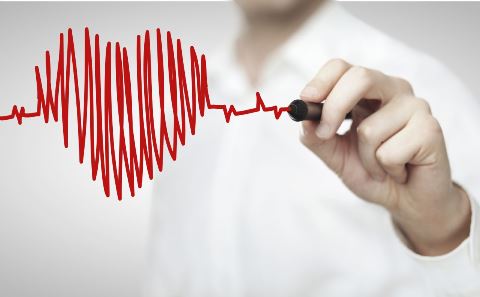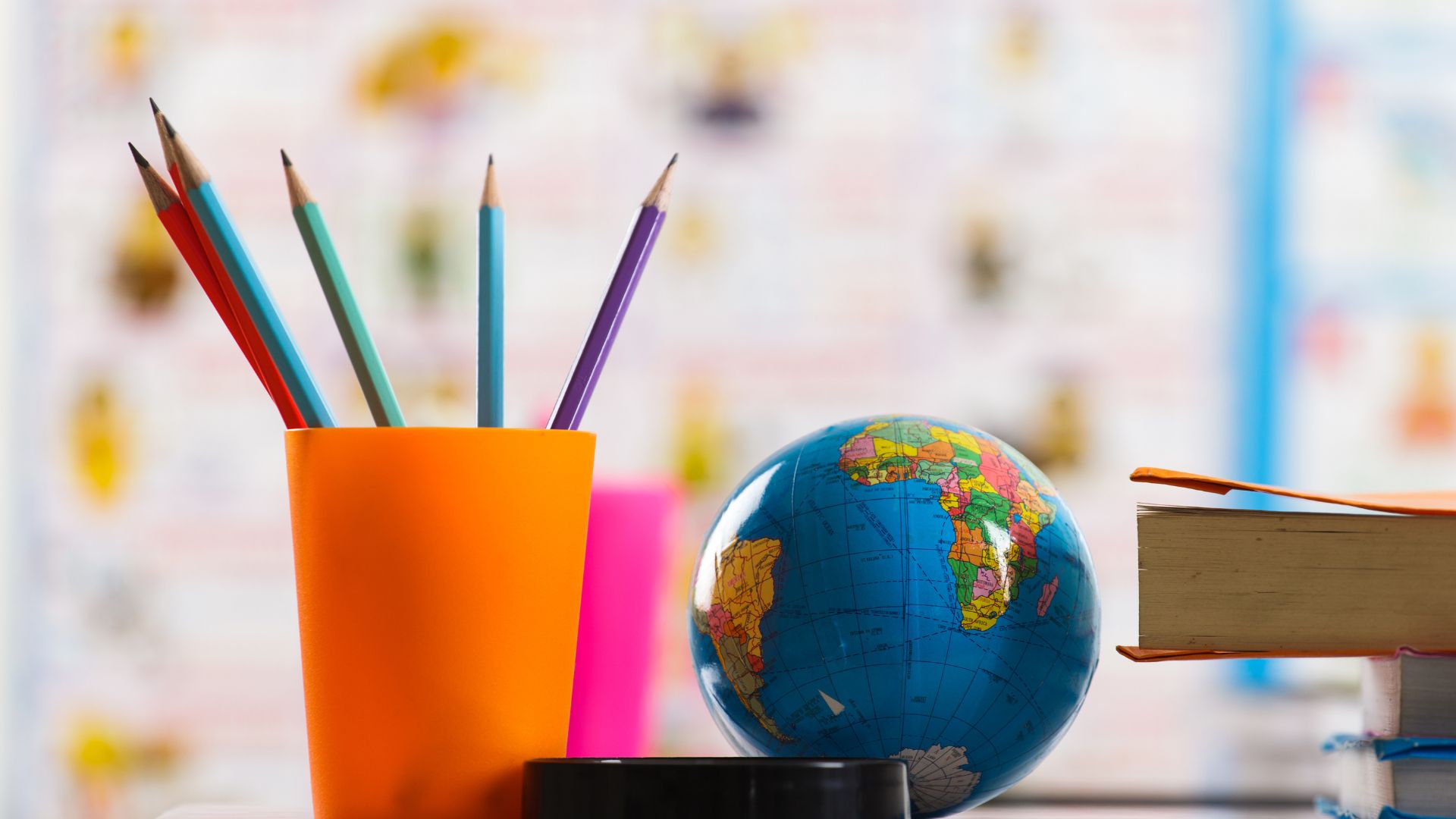28th April, 2021: New Delhi
Current measures to reduce transmission – including frequent hand washing, wearing a mask, physical distancing, good ventilation and avoiding crowded places or closed settings – continue to work against new variants by reducing the amount of viral transmission and therefore also reducing opportunities for the virus to mutate.
Scaling up vaccine manufacturing and rolling out vaccines as quickly and widely as possible will also be critical ways of protecting people before they are exposed to the virus and the risk of new variants. Priority should be given to vaccinating high-risk groups everywhere to maximize global protection against new variants and minimize the risk of transmission. Moreover, ensuring equitable access to COVID-19 vaccines is more critical than ever to address the evolving pandemic. As more people get vaccinated, we expect virus circulation to decrease, which will then lead to fewer mutations.
Why is it important to get vaccinated even if there are new variants of the virus?
Vaccines are a critical tool in the battle against COVID-19, and there are clear public health and lifesaving benefits to using the tools we already have. We must not put off getting vaccinated because of our concerns about new variants, and we must proceed with vaccination even if the vaccines may be somewhat less effective against some of the COVID-19 virus variants. We need to use the tools we have in hand even while we continue to improve those tools. We are all safe only if everyone is safe.
(Courtesy: World Health Organisation)








